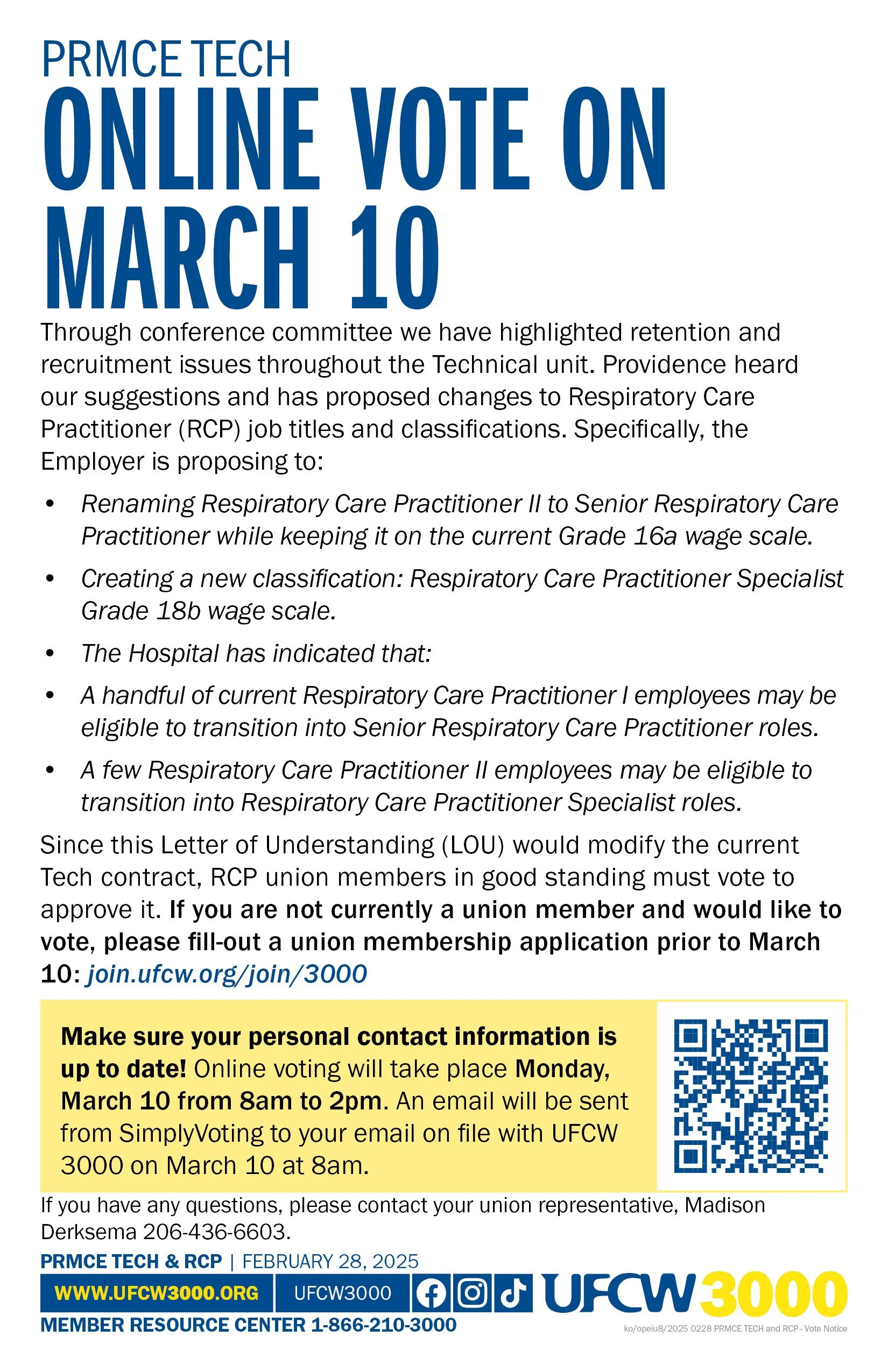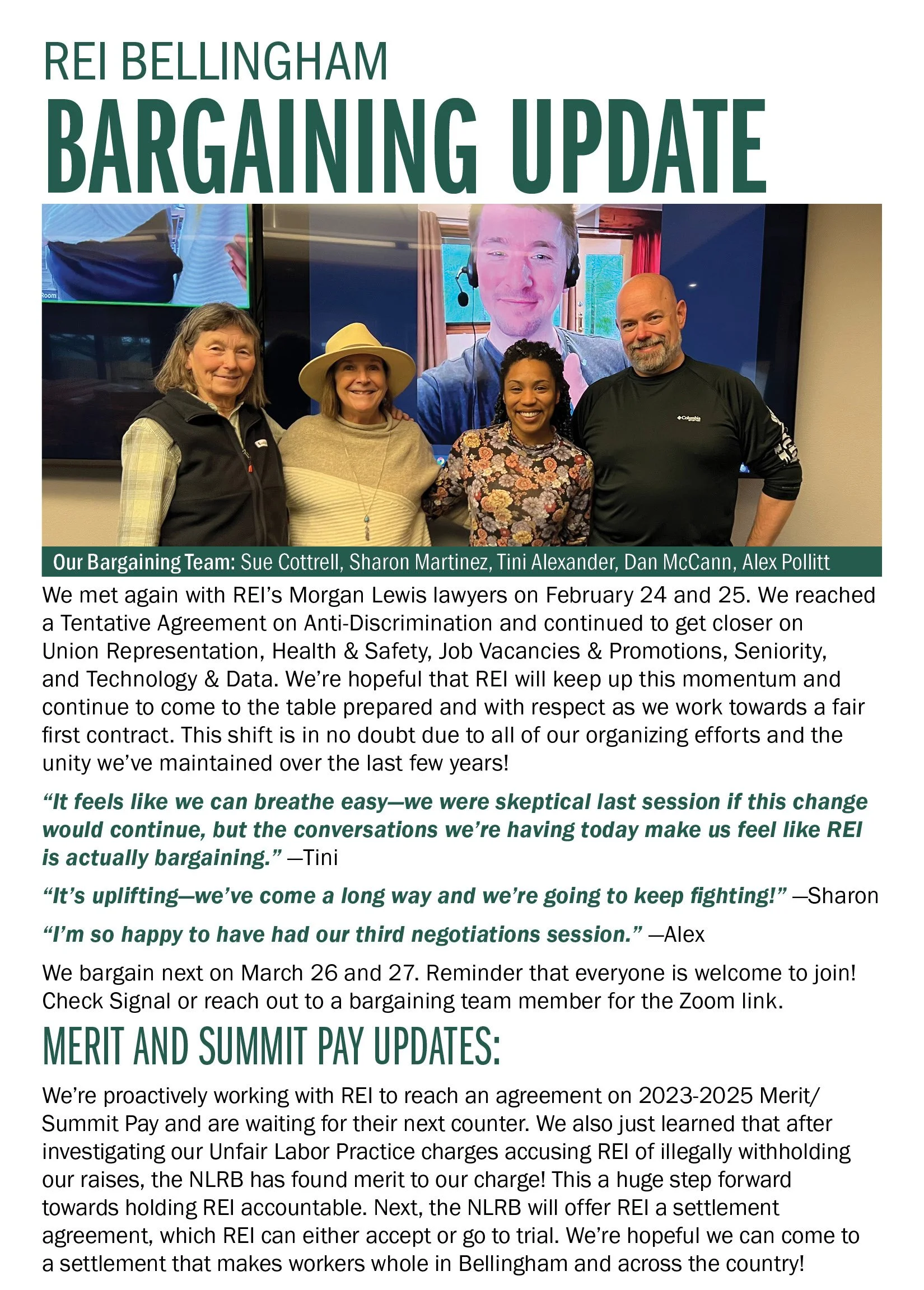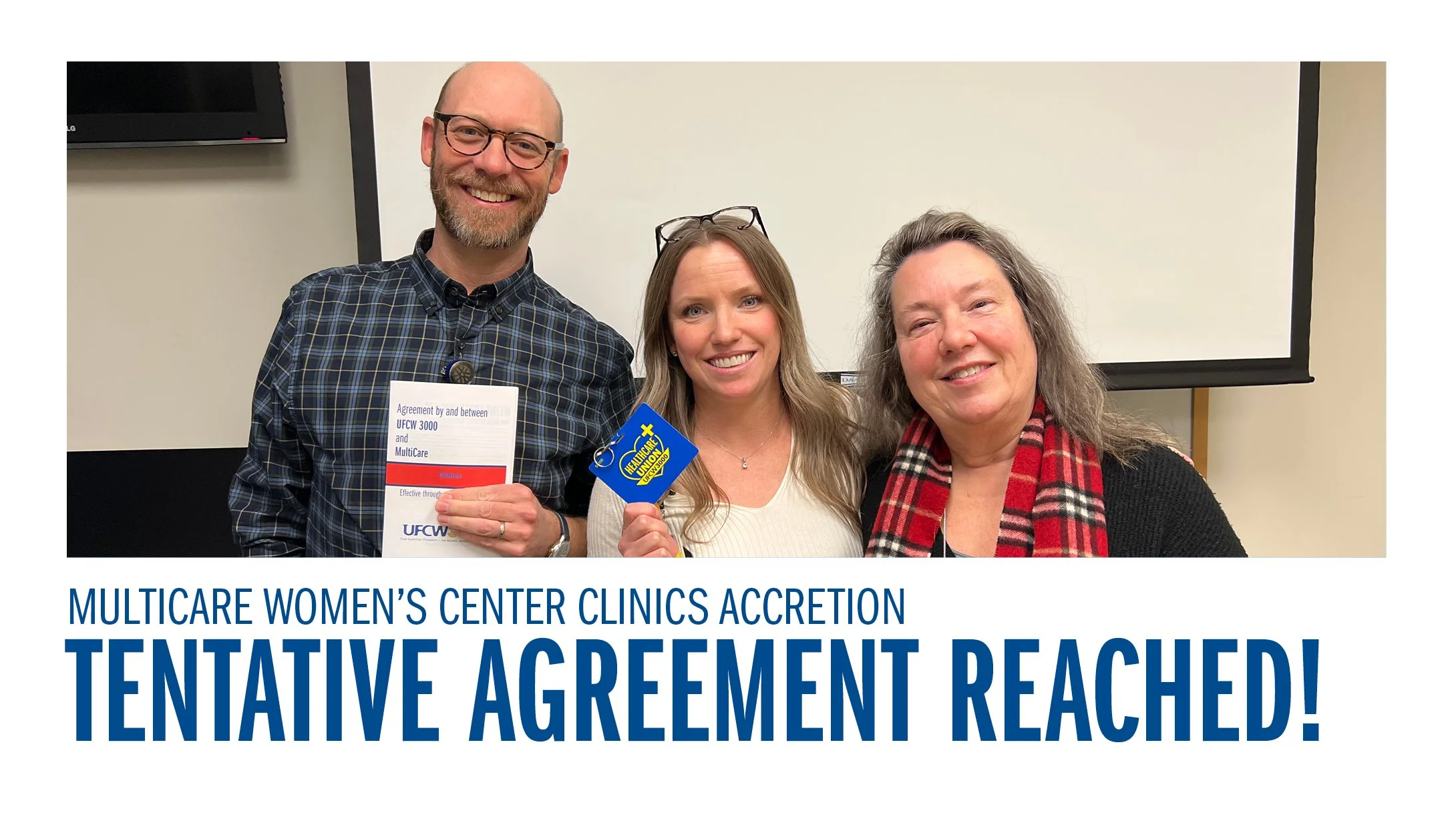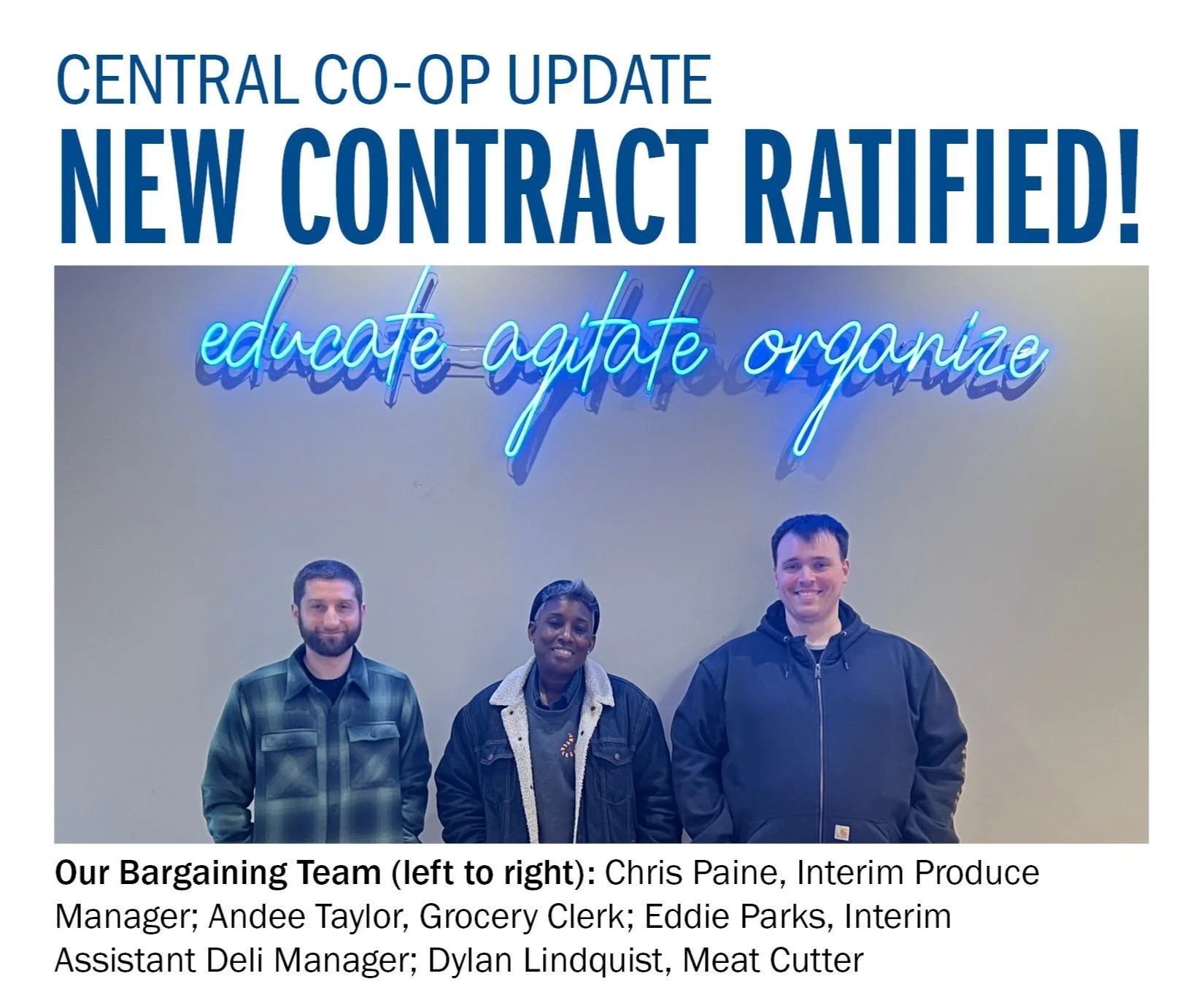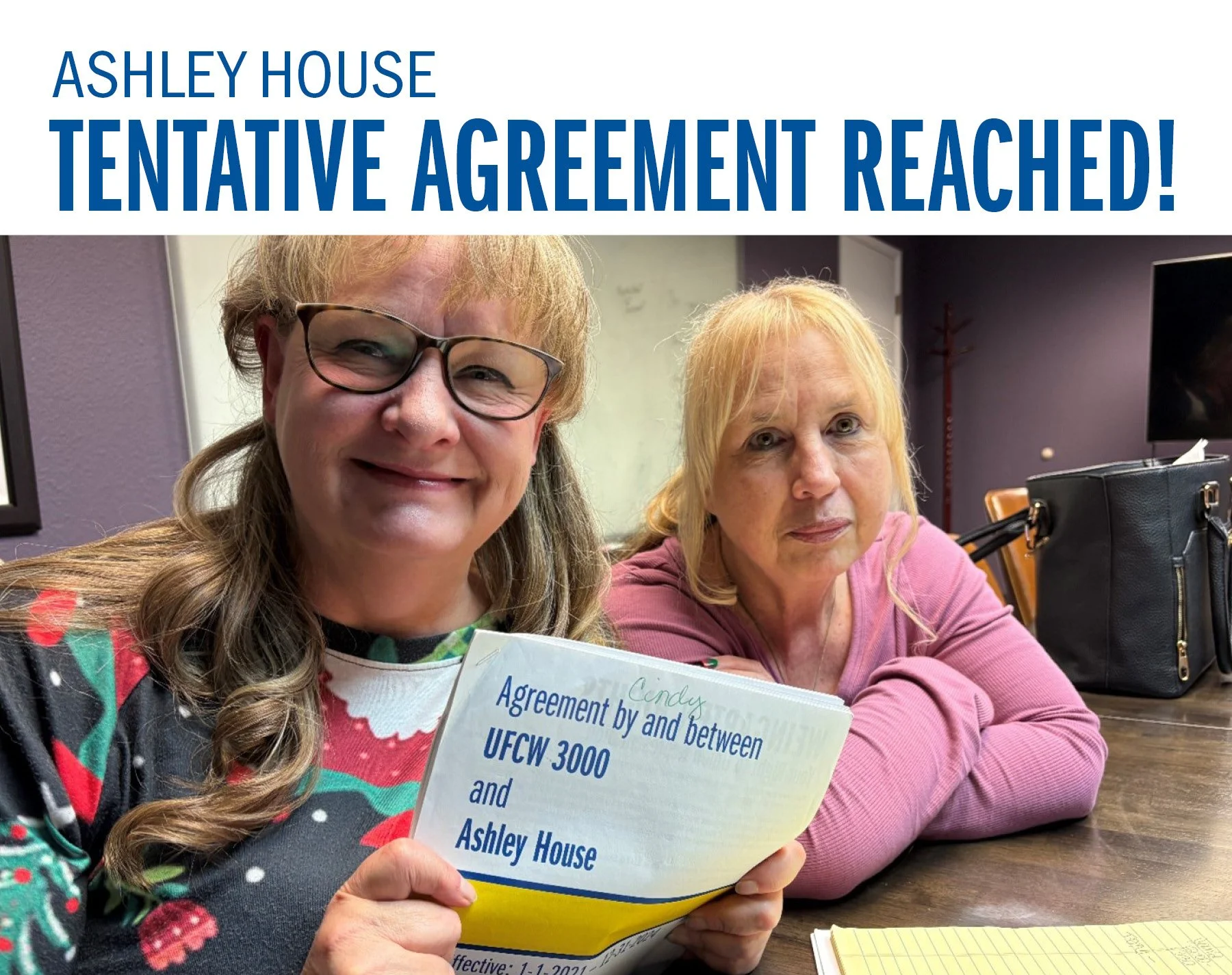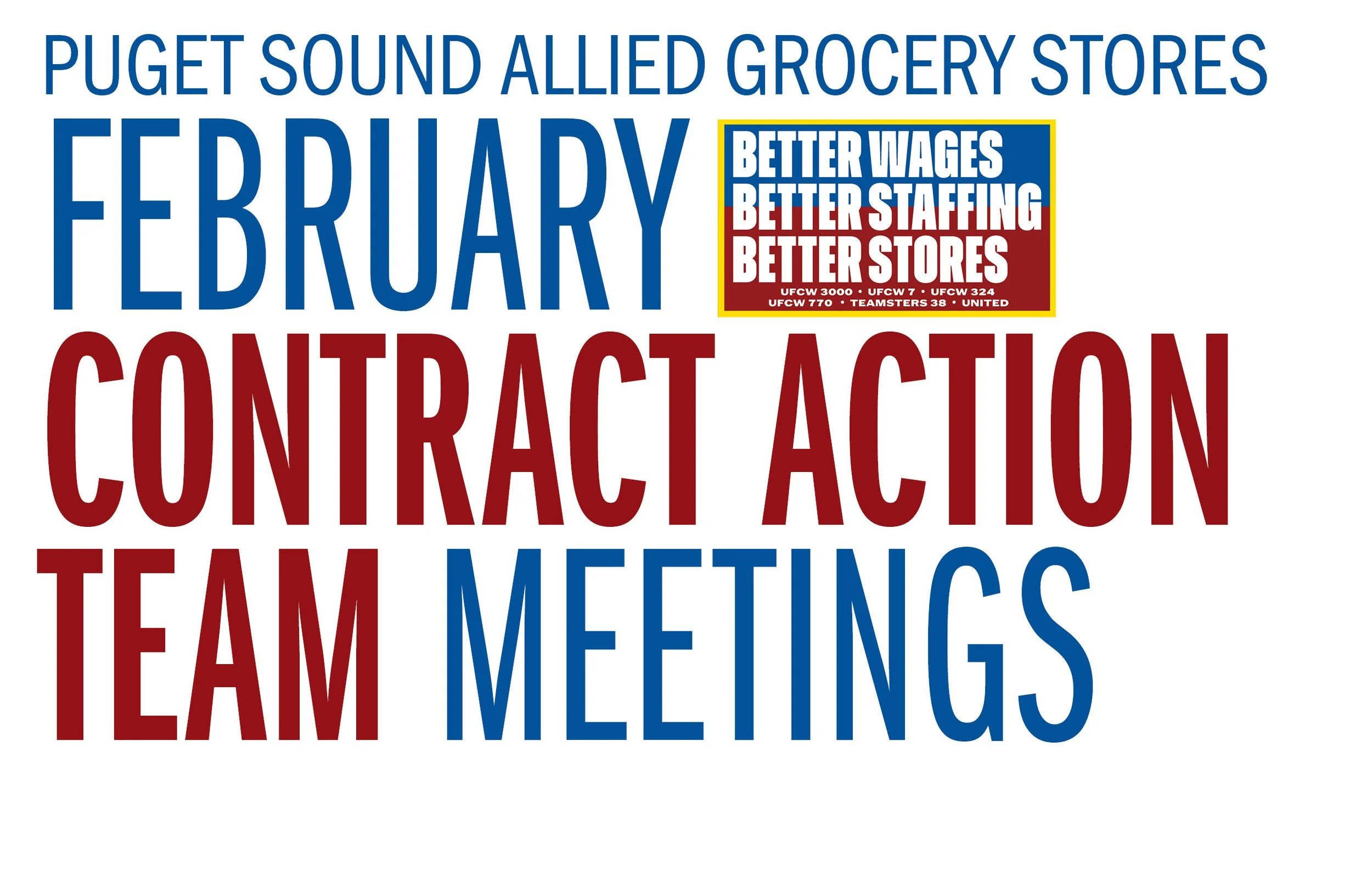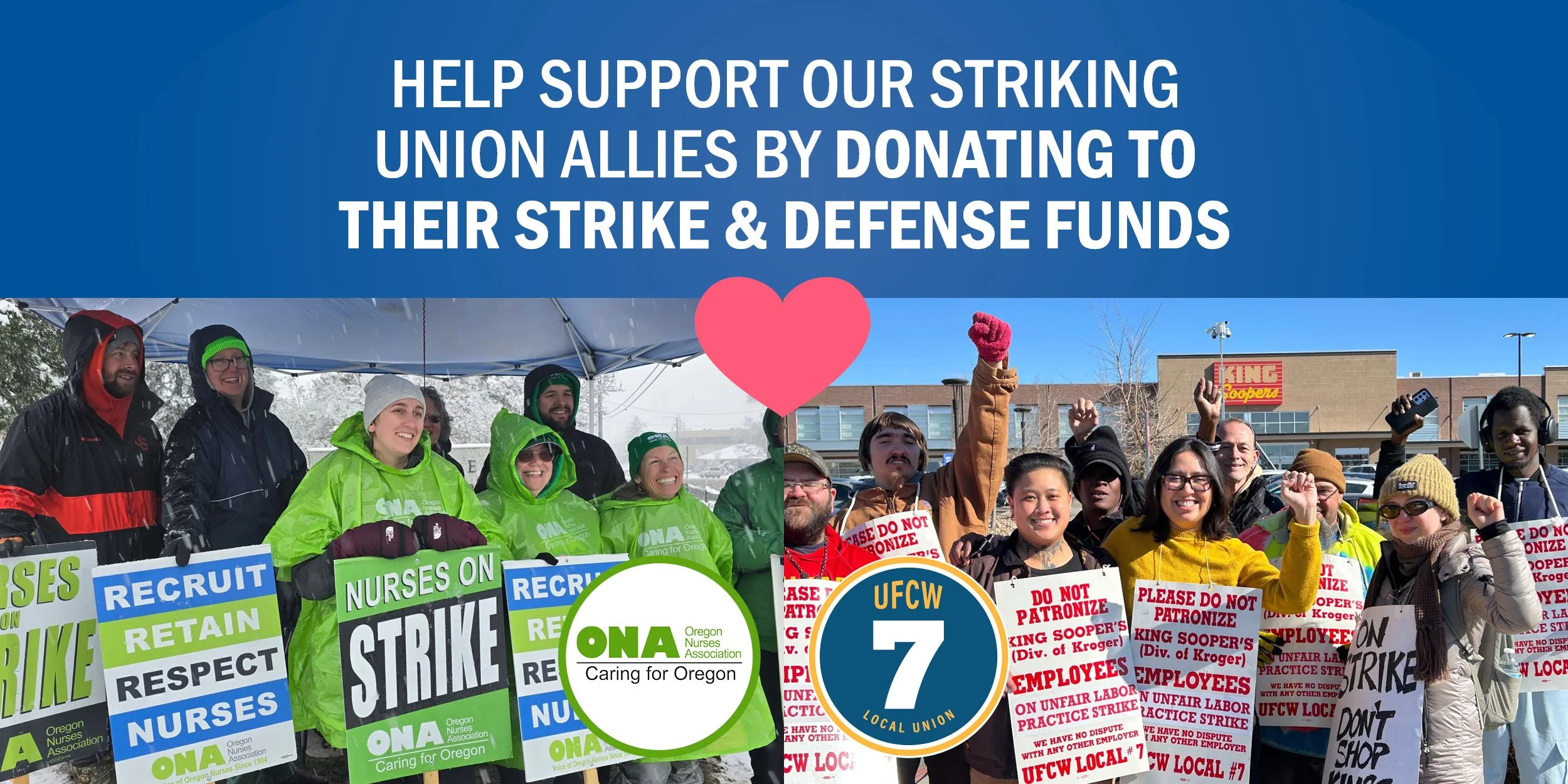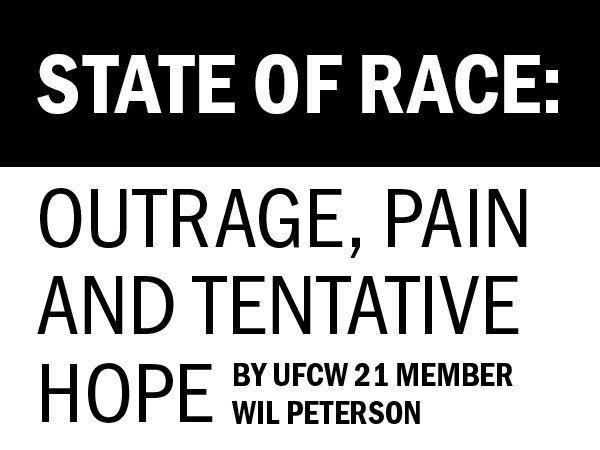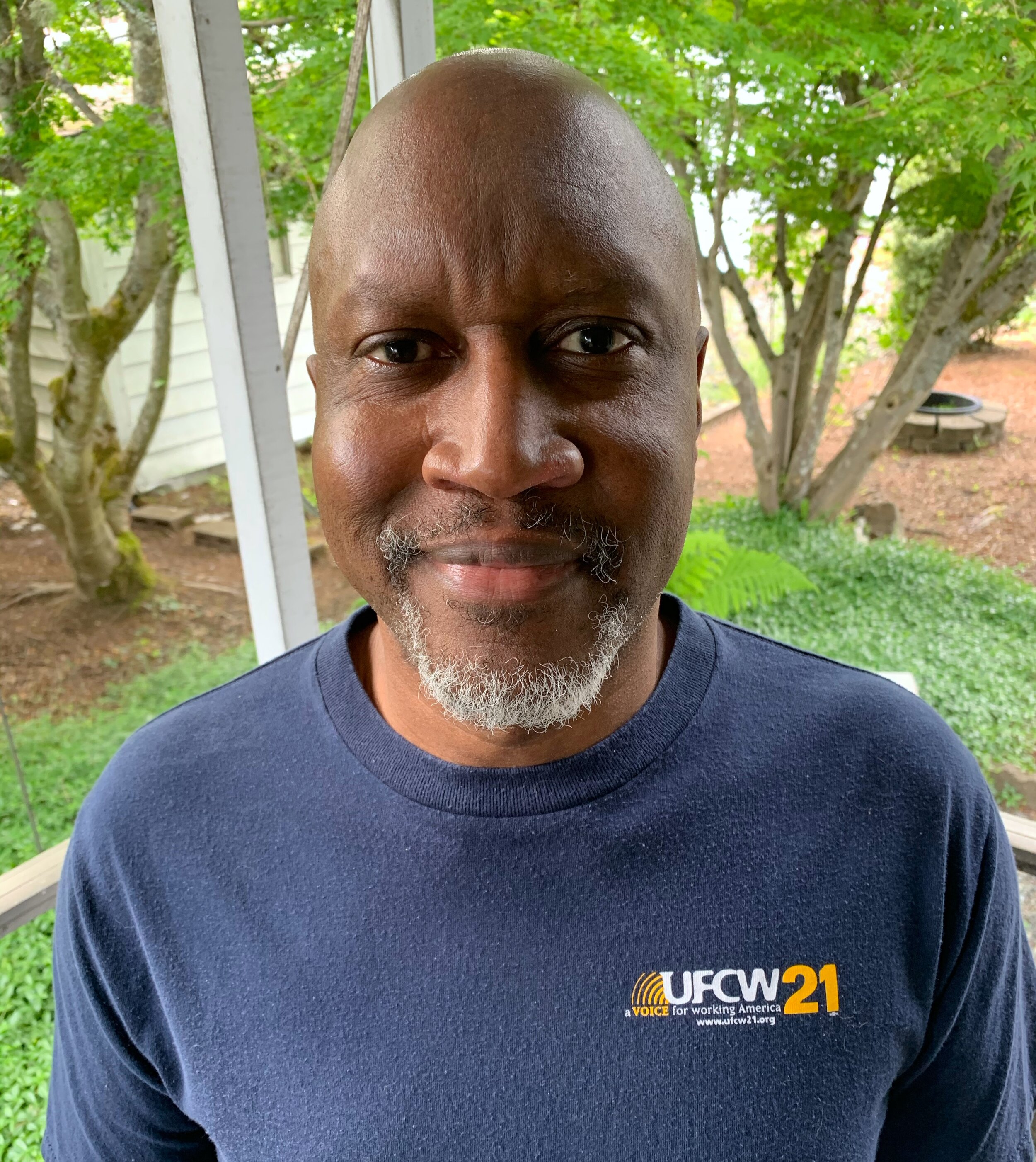Driving while Black. Walking while Black...
In the wake of Minneapolis resident George Floyd’s tragic murder, a Rainbow Coalition of people are full of anguish, rage, despair, frustration and myriad other soul-wrenching emotions. Seemingly countless other African-Americans have perished at the hands of police officers and self-appointed community “enforcers” — Ahmaud Arbrey, Trayvon Martin, Eric Gardner, Breonna Taylor, Michael Brown, Charleena Lyles, Freddie Gray... and on... and on... — but something about Floyd’s death resonates on an arguably unprecedented level and has created an escalating outcry and numerous protests across the nation.
Shopping while Black. Working while Black...
Perhaps it was the widely circulated footage of his final moments on earth: handcuffed from behind and helplessly pinned down by Minneapolis police officer Derek Chauvin’s unrelenting knee that forcefully applied pressure on his neck until he died while repeatedly whispering the heartbreaking words, “I can’t breathe” and, finally, “Mama.” Or was it the collective anger over the fact that Chauvin was quickly fired but initially wasn’t charged with anything? Or the forceful and tyrannical police and military actions that the current White House occupant ordered against protesters who stood in the way of his Bible-gripping photo-op this week?
Regardless of the reason(s) for this widespread rebellion, a firestorm is raging, literally and figuratively. And while I’ve never experienced anything remotely close to the terrifying circumstances mentioned here, I’m all too familiar with daily concerns about what might happen during a routine traffic stop, a neighborhood walk or a work-related interaction.
Existing while Black...
As a North Carolina transplant who relocated here in 2003, I naively expected to leave all traces of racial conflict behind in the South. Back there, it wasn’t uncommon to casually be called the N-word, to be excluded from social gatherings or to be held to different standards at work. I grew up accustomed to that culture, even if it confused, saddened and angered me. As an adult, I rebelled against it by learning to speak up for myself and rising above uncomfortable, racially offensive situations. I was stronger, but I was also weary of having to constantly remain on guard and high alert.
Moving to Washington offered me a fresh start and clean slate. I figured the prevailing mindset here would be infinitely better and different on the race-relations front. And, for the most part, it was. But there’ve been disturbing reminders that people are people, regardless of their geographical location. Not long after starting my job as a Fred Meyer clerk, I was:
Forcefully ordered by another white woman to sell her an item at the price she wanted to pay, not what it actually cost. When I called my manager for a price check, she mistakenly and inexplicably assumed I was contacting the police. “If they come here, of course they will believe me over you,” she said.
Blocked by a driver who was talking to a policeman in the store parking lot after my late-night shift ended. I thought about getting out of my car and politely asking him to move, but I didn’t want to risk possibly angering the officer, who — after all — had a gun. So I waited until their conversation ended and then drove off... frustrated and angry, but still alive.
Even everyday activities that are taken for granted by most folks can suddenly become intimidating. Once, during an evening walk to the grocery store in my predominately white neighborhood, I saw two white police officers with a police dog far in the distance. As I slowly and cautiously approached them, I silently prayed that nothing would go sideways. When one of them ordered me to stop moving because the dog was searching for someone, I immediately complied. After what felt like an eternity, he allowed me to proceed. I did so, grateful that this trip would otherwise be uneventful. Still, I couldn’t help but wonder, what about the next one?
Coping while Black...
Incidents such as what I’ve described — while certainly nothing compared to the literal life-and-death situations that have claimed scores of precious and irreplaceable lives — are examples of what happens here on the West Coast, back on the East Coast and at all points in between. This undoubtedly is an uncomfortable topic for many of those who have never experienced, and hopefully never will experience, similar concerns and treatment. But for far too many of us, it’s a daily reality.
Hoping while Black...
Fortunately, the vast majority of my encounters with others — especially my treasured Fred Meyer coworkers and customers, as well as fellow UFCW 21 members, colleagues and friends — are positive, uplifting and rewarding. It’s this much-needed virtual safety net that offers a support network from which to draw strength. And this Union’s passionate commitment to achieving racial equity and empowerment to people of color, and fair treatment for everyone, provides a sense of hope that didn’t exist during my decades in North Carolina.
But, despite all of that, I still can’t help but worry — if only a bit — just about each time I leave my home. Will this trip be uneventful? Will I make it back here alive?
By UFCW 21 member Wil Peterson
Speak up about how racism has affected you and how you want our union to work on racial equity going forward using the form below. You can also sign on to the statement at the link above and sign up to be part of our work on this issue going forward.




